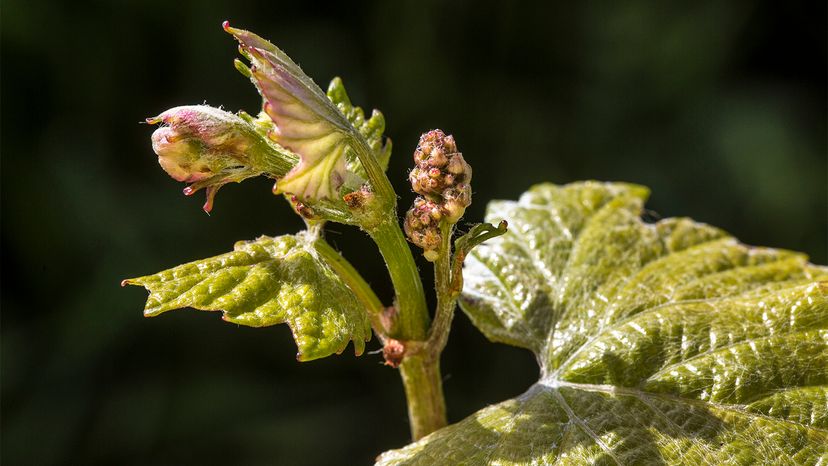Dr. Ratnesh Mishra, a postdoctoral fellow in the Laboratory of Functional Plant Biology at the University of Ghent in Belgium, says in an email interview that the sound we hear as synthesizer music at a "plant concert" at Damanhur comes from movement inside the plant during the cavitation process where air bubbles are sucked up through the body of the plant, especially when water is scarce. It's like having a machine that turns sucking the dregs of your milkshake up through a straw into synthesizer noise.
"Simply put, the machines that translate the 'biofeedback' of plants into music have nothing scientific about them — the whole story has nothing to do with science or the sound of plants," adds Dr. Monica Gagliano, a plant physiologist and associate professor in the School of Biological Sciences at the University of Western Australia. "The apparatus used in many of these instances is a simple multimeter measuring electrical impedance of the plant. The multimeter is then transforming those electrical signals into notes using a sound chip, like those sound cards in your computer, which is how the sounds make sense to our human ears."
Gagliano studies the ways in which plants actually use and interact with sound and, in many ways, her research is right in line with what "The Secret Life of Plants" tried — and spectacularly failed — to do over 40 years ago: to prove that plants have their own version of cognition. According to a 2013 article by Michael Pollan published in The New Yorker, Tompkins and Bird succeeded in not only decelerating research into plant behavior for decades, their book led to the "self-censorship" of researchers who might otherwise have been looking into "the possibility that plants are much more intelligent and much more like us than most people think — capable of cognition, communication, information processing, computation, learning, and memory." Gagliano is one of the few researchers trying to buck the residual scientific stigma around these questions with her research on whether plants can, for instance, learn or demonstrate a their own type of sentience.
One of Gagliano's experiments involves testing how pea plants in dry soil "listen for" and respond to the vibration of moving water. Another study found the roots of young corn plants make "clicking sounds" of around 220 Hz, and respond to clicking sounds emitted at the same frequency.
"Plants have their real sounds and do not need humans to give them fake sounds and say that these are plant's voices," says Gagliano, of the "singing plants" phenomenon. "I could hook you up onto one these multimetres. What if I told you that the sound obtained by translating your electrical impedance was your voice? It would be immediately clear that that is not your voice but a mere sonification of your electrical impedance — nothing to do really with your actual voice or sound."
So, by all means, go to a plant concert — but know that the real voices of plants are much more mysterious than we yet know.


